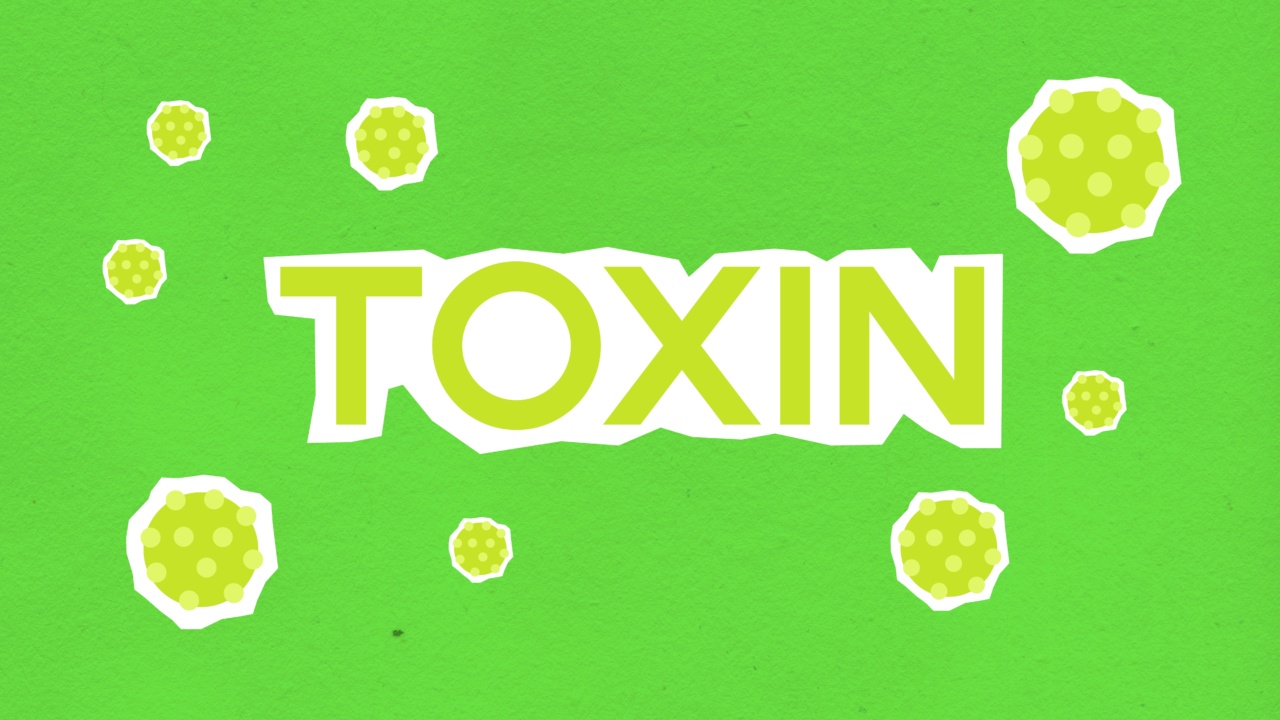Menopause is a natural part of the aging process that happens to every woman. It is defined as the permanent cessation of menstruation and fertility and generally occurs between the ages of 45 and 55.
However, some women may experience early onset menopause, which occurs before the age of 40. Early onset menopause can have a significant impact on a woman’s health, including an increased risk for certain diseases, including Alzheimer’s disease.
What is Alzheimer’s Disease?
Alzheimer’s disease is a progressive brain disorder that affects memory, language, and thought processes. It is a type of dementia that typically develops in people over the age of 65, but can also affect younger individuals.
The exact causes of Alzheimer’s disease are still unknown, but researchers believe that a combination of genetic, environmental, and lifestyle factors contribute to the development of the disease. There is currently no cure for Alzheimer’s disease, but treatments can help manage symptoms and slow its progression.
How Does Early Onset Menopause Affect Alzheimer’s Risk?
Studies have shown that women who experience early onset menopause may have an increased risk of developing Alzheimer’s disease.
One study published in the journal Neurology found that women who underwent menopause before the age of 45 were more likely to develop Alzheimer’s disease than women who experienced menopause after the age of 45. Another study published in the journal Menopause found that women who experienced early onset menopause had a 70% increased risk of developing Alzheimer’s disease compared to women who experienced menopause after the age of 45.
The reasons behind this increased risk are still unclear, but researchers believe that hormonal changes may play a role.
Estrogen has been shown to protect brain cells and improve cognitive function, and the decline in estrogen levels during menopause may contribute to the development of Alzheimer’s disease. Additionally, women who experience early onset menopause may have other health issues that increase their risk for Alzheimer’s disease, such as cardiovascular disease and depression.
Other Health Risks Associated with Early Onset Menopause
Early onset menopause can also increase the risk for other health issues, including:.
1. Osteoporosis
Estrogen plays a key role in maintaining strong bones, and the decline in estrogen levels during menopause can increase the risk of osteoporosis.
2. Cardiovascular Disease
Estrogen also helps protect the cardiovascular system, and the decline in estrogen levels during menopause can increase the risk of heart disease and stroke.
3. Depression and Anxiety
Hormonal changes during menopause can also contribute to mood disorders such as depression and anxiety.
Treatments for Early Onset Menopause
There are several treatments available for women who experience early onset menopause. Hormone replacement therapy (HRT) is a common treatment that involves replacing estrogen and other hormones that are no longer being produced by the body.
Other treatment options include medications that help manage symptoms such as hot flashes and mood swings.
It is important for women who experience early onset menopause to talk to their doctor about the best treatment options for their individual needs and to discuss any potential risks associated with these treatments.
Conclusion
Early onset menopause can have a significant impact on a woman’s health, including an increased risk for Alzheimer’s disease.
While the reasons behind this increased risk are still unclear, researchers believe that hormonal changes and other health issues may play a role. Women who experience early onset menopause should talk to their doctor about their individual risk factors and treatment options.




























